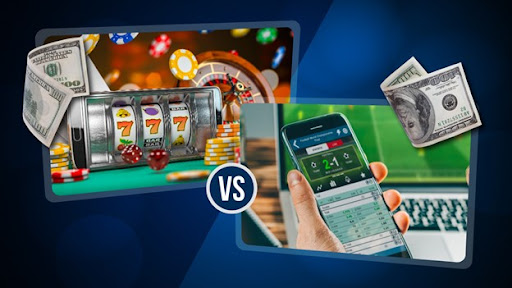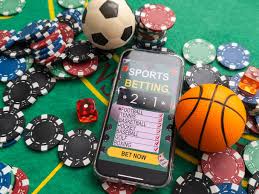
How to Maximize Your Poker Game
In the world of gambling, poker stands out as a game of skill, psychology, and strategy. If you’re looking to elevate your poker game, it’s essential to understand various strategies and techniques that can help maximize your success. Whether you’re a beginner trying to grasp the basics or an experienced player aiming to refine your skills, this guide will provide valuable insights. Let’s dive into the essential aspects of maximizing your poker. For additional resources and information, you can visit How to maximize your poker https://kto-betting.com/.
Understanding the Basics
Before diving into advanced strategies, it’s crucial to understand the core mechanics of the game. Familiarize yourself with the different variations of poker, such as Texas Hold’em, Omaha, and Seven-Card Stud. Each variant has unique rules and requires different strategies. Also, make sure you know the hand rankings, which will be fundamental in determining the strength of your hand during play.
Bankroll Management
One of the most critical aspects of poker is managing your bankroll. It’s essential to set aside a specific amount of money for playing poker, separate from your personal finances. Stick to this budget and avoid playing with money you can’t afford to lose. Implementing a sound bankroll management strategy will allow you to withstand the natural fluctuations of the game and continue playing without going broke.
Starting Hands Selection
The hands you choose to play will significantly impact your performance. Understanding which hands to play and when to fold is crucial. Focus on playing strong starting hands and being selective with your decisions. Avoid the temptation to play every hand just for entertainment. Instead, assess the strength of your cards and the playing style of your opponents before making a move.

Position is Key
In poker, your position at the table plays a vital role in your decision-making process. Being in a later position allows you to observe the actions of your opponents before making your move, giving you a strategic advantage. Utilize this to your benefit by being more aggressive in late position while exercising caution in early position. Recognizing the importance of position will help you make better-informed decisions throughout the game.
Understanding Opponent Psychology
A significant part of poker involves reading your opponents. Pay attention to their betting patterns, body language, and overall behavior. Understanding their tendencies can provide insights into their potential hands and strategies. Look for clues that indicate whether they are playing aggressively or passively, and use this information to adjust your gameplay accordingly.
Bluffing Effectively
Bluffing is an integral part of poker, but it must be executed with caution. A well-timed bluff can lead to significant gains, but careless bluffing can result in substantial losses. To bluff effectively, consider your table image and the board’s texture. Bluff against opponents who are likely to fold and in situations where your bluff makes sense in relation to the community cards. Remember, the key to successful bluffing lies in your ability to convince your opponents of your hand strength.
Study and Analyze Your Game
Continuous learning is essential for maximizing your poker skills. Regularly review your gameplay, analyze your decisions, and identify areas for improvement. Tools like poker tracking software can help you gather data on your performance and provide insights into your strengths and weaknesses. By dedicating time to study your game, you’ll develop a deeper understanding of strategy and enhance your overall performance.
Emotional Control and Discipline

One of the most significant challenges players face is maintaining emotional control at the tables. It’s easy to become frustrated after a bad beat or overwhelmed by a winning streak. Practicing discipline and managing your emotions will allow you to make rational decisions rather than impulsive ones. Develop a routine that helps you stay focused and calm, enabling you to perform your best regardless of the circumstances.
Networking with Other Players
Building relationships with other players can enhance your understanding of the game. Engage with the poker community, whether through local games, online forums, or social media. Sharing strategies, discussing hands, and learning from the experiences of others can provide invaluable insights. Establishing a network of fellow players can also create opportunities for collaborative learning and growth.
Utilizing Online Resources
The internet is a treasure trove of information for poker enthusiasts. Take advantage of online training sites, tutorials, and videos to further your knowledge. Participate in online forums to ask questions, share experiences, and gain feedback on your gameplay. Many professional players offer coaching services or analysis of hand histories, which can provide you with tailored advice.
Setting Goals
Setting specific and measurable goals can help keep your poker journey on track. Whether your aim is to improve your win rate, master a particular strategy, or increase your bankroll, having clear objectives gives you something to strive for. Regularly review your progress toward these goals, and adjust them as necessary based on your evolving skill level and experiences.
Conclusion
Maximizing your poker game involves a combination of skill development, strategic understanding, discipline, and emotional control. Incorporating the tips outlined above will elevate your overall performance and enhance your enjoyment of the game. Remember that success in poker doesn’t happen overnight; it requires patience, persistence, and a commitment to continuous improvement. So gear up, hit the tables, and play your cards right!

